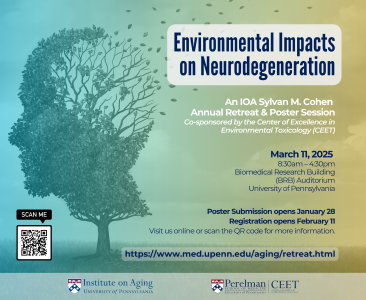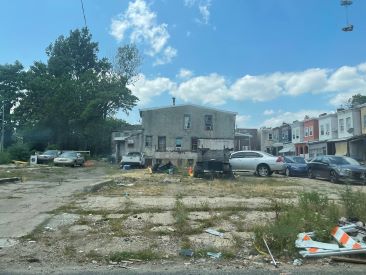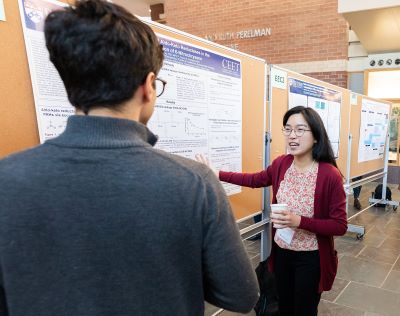
News





Environmental Impacts on Neurodegeneration - March 11, 2025
View a recording of the lectures!





CEET trainee authors chapter on Environmental Justice in new Climate Change book
Congratulations to Rose Albert, MPH on her chapter in Climate Change through the Lens of a New Generation (Foy et al.)